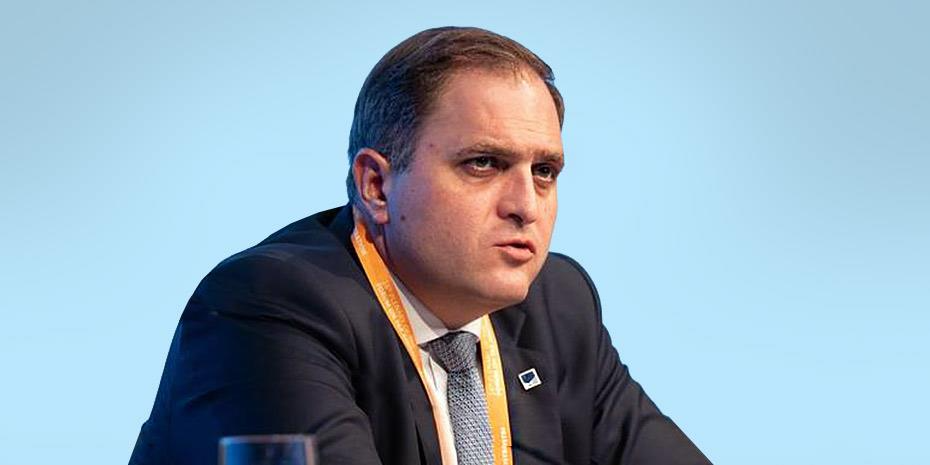
The benefits of the consolidation of tax and customs services under one organisation, the model of the Independent Public Revenue Authority, were mentioned by Governor George Pitsilis, speaking at the international conference organised by the Saudi Arabian Tax Administration in Riyadh.
"The joint strategic plan, human resource management, and interoperability of digital systems databases broaden and expand actions in the fight against tax and customs fraud," Pitsilis said.
The governor of the Hellenic Revenue Authority spoke about the challenge of forming a unified mindset between the two services, and how this is becoming a reality under the new structure of the Independent Public Revenue Authority. According to him, the focus is on efficiency and the holistic strategic vision of the authority: "Integration reduces unnecessary procedures, enhances faster data exchange, and facilitates functional coordination between tax and customs services. At the same time, it improves compliance and revenue collection, facilitates trade and creates a holistic risk assessment model."
Pitsilis made particular reference to the importance of the efficient operation of Greek customs, given that Greece is the south-eastern gateway for goods into the European Union, shares a continental border with three non-EU member states, and receives a large number of tourists at numerous airports across the country.
He also spoke about the importance of customs data in shaping economic policy, implementing trade agreements and tracking economic trends and developments. He noted that data-driven decision-making, based on revenue and market analysis, trading partner identification, real-time monitoring and recording of economic trends, and targeted interventions to enhance compliance, achieves these goals.






